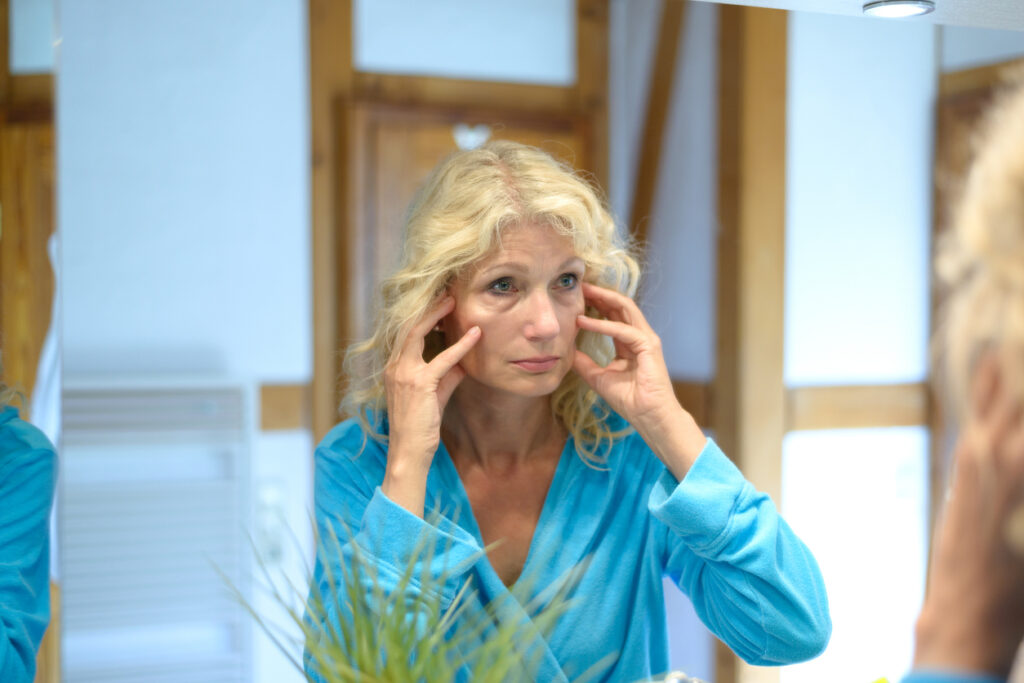Groundbreaking studies show aging may not be fixed after all—and the pace of change is stunning.

Imagine if growing older didn’t mean what it used to. Scientists are now uncovering ways to slow, halt, and even reverse aspects of aging faster than most people thought possible. Recent breakthroughs in genetics, cellular repair, and regenerative medicine suggest we may soon influence how our bodies age at the molecular level. While no one has discovered a true fountain of youth, researchers agree that the science of longevity is advancing at a pace that could transform human health within decades.
1. Aging Begins With Cellular Damage Over Time

Every second, your body’s cells divide, repair, and replace themselves. Over the years, this process becomes less efficient as DNA damage, oxidative stress, and inflammation accumulate. These changes lead to slower healing, weaker immunity, and age-related diseases.
Scientists now see aging not as an inevitable decline but as a treatable biological process. By targeting the mechanisms behind cellular wear and tear, researchers hope to extend the period of life spent in good health—known as healthspan—rather than merely adding years, as reported in Health Central.
2. Telomeres Reveal the Body’s Biological Clock

At the end of each chromosome are telomeres—protective caps that shorten every time a cell divides. When they become too short, the cell stops dividing or dies, contributing to aging. Lifestyle factors like chronic stress, smoking, and poor diet can speed up this shortening.
Researchers have found that exercise, sleep, and diets rich in antioxidants can slow telomere loss. Experimental therapies even aim to lengthen them through enzymes like telomerase. Though still under study, the discovery of telomeres gave scientists a measurable way to track biological aging, according to The Scientist.
3. Senescent Cells Accelerate Aging From Within

As cells age, some stop functioning but refuse to die—these are called senescent cells. They release inflammatory molecules that damage surrounding tissue, contributing to wrinkles, arthritis, and cognitive decline.
Senolytic drugs, currently in development, aim to selectively destroy these “zombie” cells. Early animal studies show promise in improving organ function and lifespan. Though human trials are ongoing, targeting senescent cells could become one of the most effective ways to combat multiple age-related diseases simultaneously, as shared in Reader’s Digest.
4. The Role of Mitochondria in Energy and Aging

Mitochondria are the powerhouses of our cells, converting food into usable energy. Over time, mitochondrial efficiency declines, leading to fatigue, metabolic issues, and organ deterioration. Scientists believe this dysfunction is one of the core drivers of aging.
Current research focuses on boosting mitochondrial health through NAD+ supplements, calorie restriction, and specific compounds like resveratrol. Maintaining these tiny energy factories may be key to slowing aging from the inside out, enhancing both vitality and longevity.
5. DNA Methylation Can Reveal Your True Age

While chronological age counts birthdays, biological age measures how your body has actually aged. DNA methylation—a chemical modification of genes—helps scientists assess this. Certain patterns of methylation can predict disease risk and lifespan more accurately than years lived.
So-called “epigenetic clocks” allow researchers to test how lifestyle or treatments affect the pace of aging. Some studies suggest interventions like intermittent fasting or reduced stress can slow these biological changes, giving people the ability to influence their aging rate.
6. Caloric Restriction Extends Lifespan in Many Species

For decades, scientists have observed that eating fewer calories—without malnutrition—extends lifespan in animals from mice to monkeys. Restricting calories triggers cellular repair mechanisms and reduces oxidative stress.
Human studies are ongoing, but early findings show improved blood pressure, cholesterol, and inflammation markers. While extreme calorie restriction isn’t sustainable for most people, mimicking its effects through diet timing or metabolic drugs could help humans gain similar benefits.
7. Exercise Is Still the Most Reliable Anti-Aging Tool

While new discoveries grab headlines, regular exercise remains one of the most proven longevity strategies. Physical activity improves heart health, boosts brain function, and slows cellular decline.
Studies show that even moderate daily movement can lengthen telomeres, increase mitochondrial density, and reduce chronic inflammation. It’s a reminder that while advanced science may one day slow aging, the foundation for longevity still lies in consistent, healthy habits.
8. Sleep Plays a Critical Role in Repair and Longevity

During deep sleep, the body clears toxins from the brain, repairs DNA, and regenerates tissues. Chronic sleep deprivation accelerates aging by increasing stress hormones and inflammation.
Scientists have linked poor sleep to shorter telomeres, higher disease risk, and cognitive decline. Prioritizing seven to nine hours of quality sleep may be one of the simplest ways to support long-term cellular health and slow biological aging.
9. Gene Editing Could Target Aging at Its Source

Advances in genetic tools like CRISPR have opened new possibilities for longevity research. Scientists are experimenting with editing or reprogramming genes linked to aging, such as those controlling DNA repair or inflammation.
While ethical and safety concerns remain, early lab results suggest that precise genetic interventions might one day prevent or reverse age-related diseases before they appear. These technologies could shift aging research from treatment to true prevention.
10. Regenerative Medicine May Rebuild Aging Tissues

Stem cell therapy and tissue engineering are transforming how scientists think about aging. Stem cells can regenerate damaged organs, restore mobility, and replace aging cells with healthy ones.
Researchers are already testing lab-grown tissues for heart repair, spinal injuries, and even skin rejuvenation. Although these treatments are still in early stages, they hint at a future where medical science doesn’t just slow aging—it actively rebuilds the body as it breaks down.
11. Longevity Drugs Are Moving Toward Human Trials

Several experimental drugs—such as rapamycin, metformin, and NAD+ boosters—have shown the ability to extend lifespan in animals by affecting cellular repair and stress resistance pathways.
Human trials are underway to see if these effects translate safely. Some researchers believe these compounds could become the first true anti-aging medications within decades. While results are still preliminary, the rapid pace of discovery suggests that science is closing in on treatments once considered science fiction.
12. The Future of Aging Could Be Redefined in Our Lifetime

Many experts believe the first generation to live well past 100 in good health may already be alive today. With breakthroughs in genetics, cell repair, and preventive medicine converging, aging is no longer seen as inevitable decline but a process open to intervention.
Still, ethical and social challenges lie ahead—from cost and access to redefining what “old age” even means. As science accelerates, humanity faces a profound question: not just how long we can live, but how well we can live those extra years.
